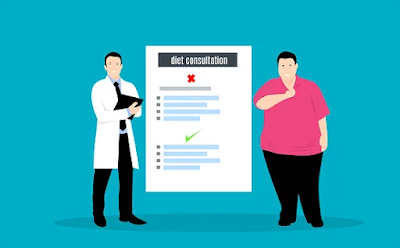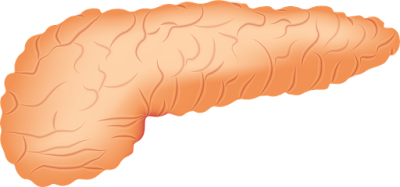Cambridge diet weight loss - how to lose weight?
Cambridge diet principles
Cambridge diet is a diet that should be administered under the control of a nutritionist. It consists of 3 (in women) and 4 (in men) specially prepared meals consisting of soups, drinks and bars.Our body receives small doses of carbohydrates, while high necessary vitamins and minerals. Thanks to this diet you can not only throw away excess weight after just three weeks of treatment, but you can also keep your beautiful figure for a long time.
When using the Cambridge diet, our body is provided with all the necessary nutrients. At the same time, the calorific value of all meals per day is 400-500 calories.
These values are much lower than the recommended daily calorie intake. Doctors warn that this diet can cause weakness, fatigue, loss of willingness to live, so if you observe the first symptoms of this type in yourself, you should definitely go to a doctor.
Main principles of Cambridge diet:
- all meals are absolutely determined by the dietitian, because each one must correspond to 1/3 (in women) and 1/4 (in men) of the daily need for minerals, vitamins and protein.
- consuming about 2 litres of water and other non-caloric drinks per day.
- the consumption of alcoholic and caffeine containing beverages is prohibited.
- excessive physical effort should be avoided, e. g. during physical exercise.
- individual meals can be supplemented with a spoonful of oat bran - it is recommended if constipation occurs.
Another option for varied meals is to reduce the amount of water - in this way our dish will obtain the consistency of budding - in this case it is necessary to drink water.
The Cambridge's ideal diet cycle consists of three weeks of eating only products belonging to the diet and then two weeks of a mixed diet to stabilise the weight and avoid the jojo effect. Disposable treatment allows you to lose up to 10 kilos of body weight. The use of a diet for more than three weeks is strictly prohibited.
Cambridge diet should not be used before:
- pregnant and breastfeeding women (only as supplementary diet),
- children under 14 years of age,
- people with depression,
- persons allergic to protein in milk,
- persons with type I diabetes mellitus,
- people with anorexia, bulimia.



Comments
Post a Comment